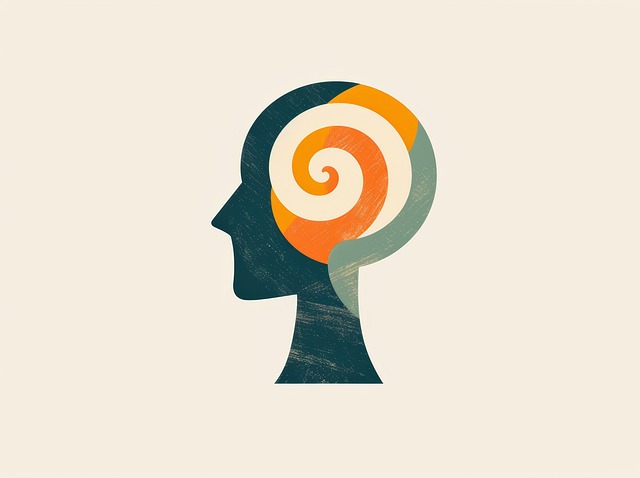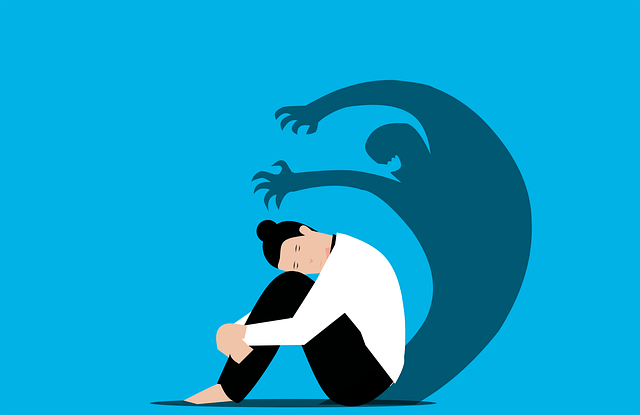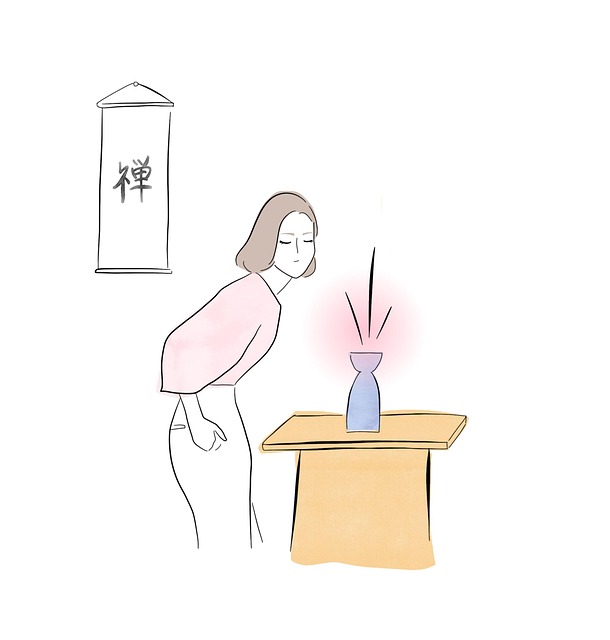Louisville residents facing chronic illnesses struggle with stress management, which can worsen symptoms. Louisville Chronic Illness Therapy offers a unique dual approach combining stress reduction and illness management techniques. Through CBT, mindfulness, self-awareness exercises, and lifestyle modifications, patients gain control over their conditions, improve self-care, and embrace healthier lifestyles while maintaining robust mental well-being. This holistic therapy empowers individuals to navigate stressors, advocate for their health, and foster resilience.
In Louisville, managing stress is an essential aspect of chronic illness care. This article explores effective techniques to combat stress, focusing on its profound impact on overall health. We delve into various approaches, including therapy, cognitive behavioral therapy (CBT), mindfulness practices, and lifestyle modifications. By understanding the role of stress in chronic illnesses, individuals can navigate their journey with greater resilience. Louisville chronic illness therapy offers valuable insights, empowering individuals to take control and foster a healthier, less stressful life.
- Understanding Stress and Its Impact on Chronic Illness in Louisville
- The Role of Therapy in Developing Effective Stress Management Techniques
- Cognitive Behavioral Therapy (CBT): A Powerful Tool for Stress Reduction
- Mindfulness and Meditation Practices for a Calmer Mind
- Lifestyle Modifications: Nutrition, Exercise, and Sleep for Stress Management
Understanding Stress and Its Impact on Chronic Illness in Louisville

Stress is a ubiquitous part of modern life, but its impact can be particularly profound for individuals living with chronic illnesses in Louisville. Chronic conditions often come with a constant low-level stress that can exacerbate symptoms and hinder management. In Louisville, access to specialized therapy focused on both chronic illness and stress management techniques is crucial. This dual approach not only helps in managing symptoms but also enhances the overall quality of life.
Understanding how stress affects chronic illnesses requires recognizing its physiological and psychological effects. For instance, chronic stress can lead to increased inflammation, disrupt sleep patterns, and impact mood, all of which are critical factors for individuals dealing with conditions like arthritis, heart disease, or diabetes. Conflict resolution techniques, confidence-boosting activities, and anxiety relief strategies taught in Louisville Chronic Illness Therapy sessions empower patients to take control. By learning these skills, individuals can better navigate the challenges of their condition, improve self-care practices, and promote a more balanced and healthy lifestyle.
The Role of Therapy in Developing Effective Stress Management Techniques

Therapy plays a pivotal role in teaching effective stress management techniques, especially for individuals navigating chronic illnesses. Louisville Chronic Illness Therapy offers valuable tools and insights into understanding and managing stress on both physical and emotional levels. Through structured sessions, therapists guide clients to identify triggers and develop personalized strategies. One key approach is the application of Mind Over Matter principles, where individuals learn to reframe their perspective on stress, fostering a sense of control and resilience.
In addition, therapy facilitates the acquisition of communication strategies, empowering patients to express their needs and concerns effectively. This can be particularly beneficial in advocating for one’s health and well-being. Moreover, building confidence is another crucial aspect; by mastering stress management skills, individuals gain a heightened sense of self-assurance in handling challenging situations, which is essential for maintaining overall mental health and promoting positive lifestyle changes.
Cognitive Behavioral Therapy (CBT): A Powerful Tool for Stress Reduction

Cognitive Behavioral Therapy (CBT) is a highly effective tool for managing stress and promoting mental well-being, especially relevant in navigating Louisville chronic illness therapy. This therapeutic approach focuses on identifying and changing negative thought patterns that contribute to distress and anxiety. By challenging and replacing these thoughts with more positive and realistic ones, CBT empowers individuals to develop healthier coping mechanisms.
It encourages emotional intelligence, teaching people to recognize and understand their emotions and the impact they have on their thinking and behavior. This process facilitates a shift towards positive thinking, where individuals learn to view stressful situations as challenges rather than threats. As a result, CBT helps reduce symptoms of chronic stress and anxiety disorders, offering practical strategies for long-term mental health policy analysis and advocacy.
Mindfulness and Meditation Practices for a Calmer Mind

Mindfulness and meditation practices have emerged as powerful tools for managing stress in today’s fast-paced world. By focusing on the present moment, individuals can learn to calm their minds and reduce the impact of stressful thoughts. This is especially beneficial for those dealing with chronic illnesses in Louisville, where managing stress alongside treatment can significantly enhance quality of life.
Louisville Chronic Illness Therapy often incorporates mindfulness techniques to help patients develop inner strength and prevent burnout. Regular meditation practice allows individuals to cultivate self-care routines that strengthen their mental resilience. Through focused breathing exercises and mindful awareness, one can create a sense of peace amidst life’s challenges. These practices are not just about finding stillness; they empower individuals to navigate stressful situations with greater clarity and composure, fostering better overall mental health.
Lifestyle Modifications: Nutrition, Exercise, and Sleep for Stress Management

At Louisville Chronic Illness Therapy, we understand that managing stress is a holistic process that encompasses more than just therapy sessions. Lifestyle modifications are powerful tools for individuals seeking to mitigate stress and promote overall well-being. Nutrition plays a significant role in mental health; incorporating nutrient-rich foods into your diet can positively impact your mood and energy levels, creating an environment conducive to stress reduction. Regular exercise is another effective strategy, as physical activity releases endorphins, often referred to as “feel-good” hormones, which can alleviate tension and enhance one’s mental state.
Additionally, prioritizing sleep is essential for stress management. Adequate rest allows the body and mind to recover from daily stressors, fostering resilience. Incorporating Self-Awareness Exercises and cultivating Positive Thinking can further strengthen an individual’s ability to cope with challenging situations. By integrating these lifestyle changes into one’s routine, individuals can proactively navigate stress, ultimately improving their mental health and overall quality of life, especially when supported by professional services like those offered at Louisville Chronic Illness Therapy.
In Louisville, chronic illness therapy extends beyond treating symptoms, incorporating stress management techniques as a holistic approach. By understanding the impact of stress on overall health, individuals can take control of their well-being. Through various therapeutic methods, such as CBT and mindfulness practices, combined with lifestyle modifications, residents of Louisville can effectively manage stress and improve their quality of life. These strategies empower individuals to navigate life’s challenges with resilience, fostering a healthier and more balanced mind and body connection.













